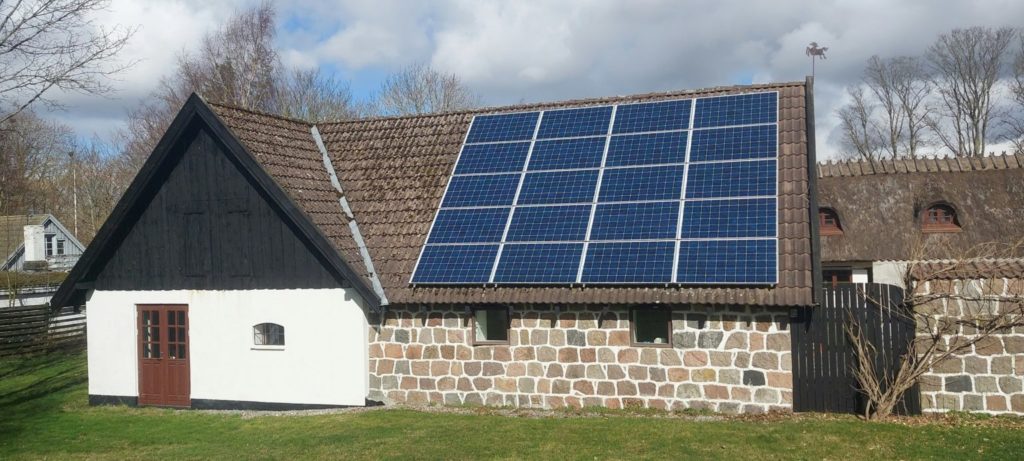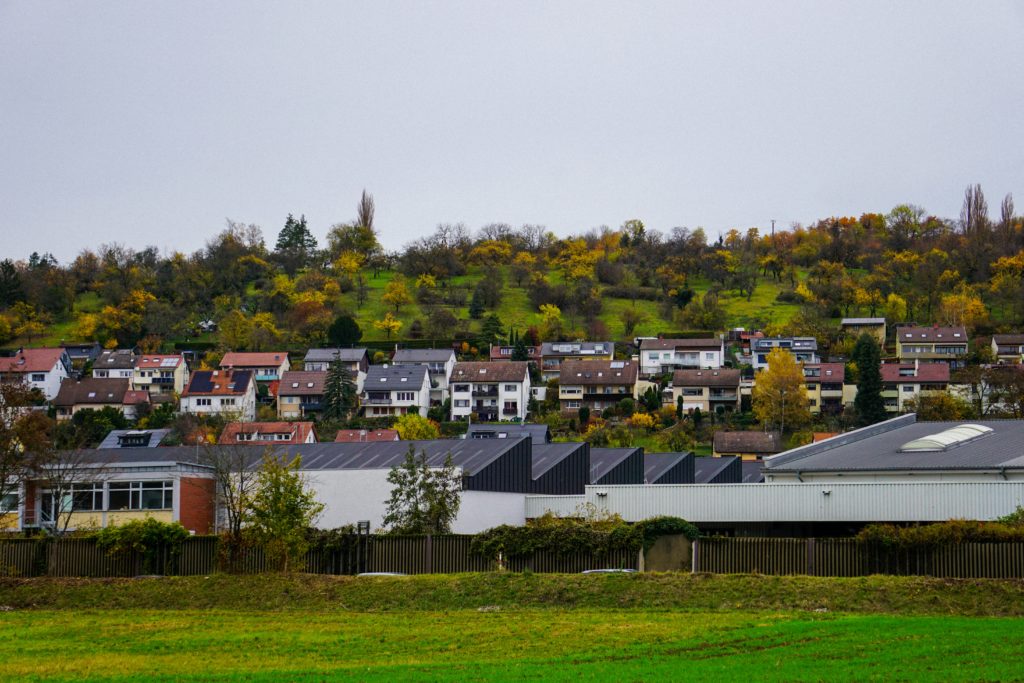Housebuilders are calling for a ‘cap’ on the grid connection and infrastructure costs when it becomes mandatory for new homes to have solar panels in 2027.
Extra estimated costs per new home will be upwards of £4,000 with this rising if grid reinforcements are needed such as installing a new £50,000 substation to cope with higher electricity demand.
They are worried grid connections could be delayed due to insufficient infrastructure to cope with new electrified homes.
The National Federation of Builders, NFB, policy and market insight head Rico Wojtulewicz said: “If we want to avoid harming local builders, delaying tens of thousands of homes and putting a leash on growth, the Government needs to implement a cost cap on solar installations which fully funds the panels and includes a nominal charge for grid connection and reinforcement.
“The energy sector would pay the difference, or if no connection is available, they would cover the entire connection cost when one is available.”
This would mirror part ‘S’ building regulations for electric vehicle charging points in new homes which caps grid connection and reinforcement costs, such as paying for a new substation.
The NFB wants energy companies to be accountable to prevent connection delays and ensure a fair and proportionate service.
Grid infrastructure weaknesses pose problem to widespread ‘electrification’
“No housebuilder should be in a position where they are only able to provide connections for part of their site, receive no written promises on the date of connections and grid reinforcement, pay for temporary connections and then again for permanent ones, or be forced to fund infrastructure that the energy sector profits from in perpetuity.”
The NFB has warned that as more housing projects are electrified the problem will increase.
Brokers Hank Zarihs Associates said development finance lenders were keen to see the issue addressed otherwise there would be a risk of developers paying clients later or scrapping projects.
The solar panel requirement is a proposed change to the latest future homes’standard to be published in the Autumn. This measure will also mandate that all new homes incorporate low-carbon heating solutions, such as heat pumps and heat networks.
The government has estimated solar panels will deliver £530 a year savings in electricity costs for heating a typical home.
Housing and planning minister Matthew Pennycook said: “As part of the government’s plan for change to build 1.5 million homes, we are maximising the use of renewable energy to cut people’s bills and power their homes.”
Solar Energy UKchief executive Chris Hewettsaid: “Making solar panels a functional requirement of the building regulations will cut energy bills, lower carbon emissions, help drive polluting natural gas off the grid and improve our nation’s energy security.”
The housebuilding industry is also concerned that local planning authorities might oppose a scheme with solar panels on the grounds of “being out of character”.
The NFB wants the government to reform planning in much the same way as they have done for heat pumps which since May are allowed to be installed under permitted development rights.
LinkedIn Question: How confident are you the government can address infrastructure weaknesses to cope with the extra demand on the grid once all new homes are solar-energy powered?












